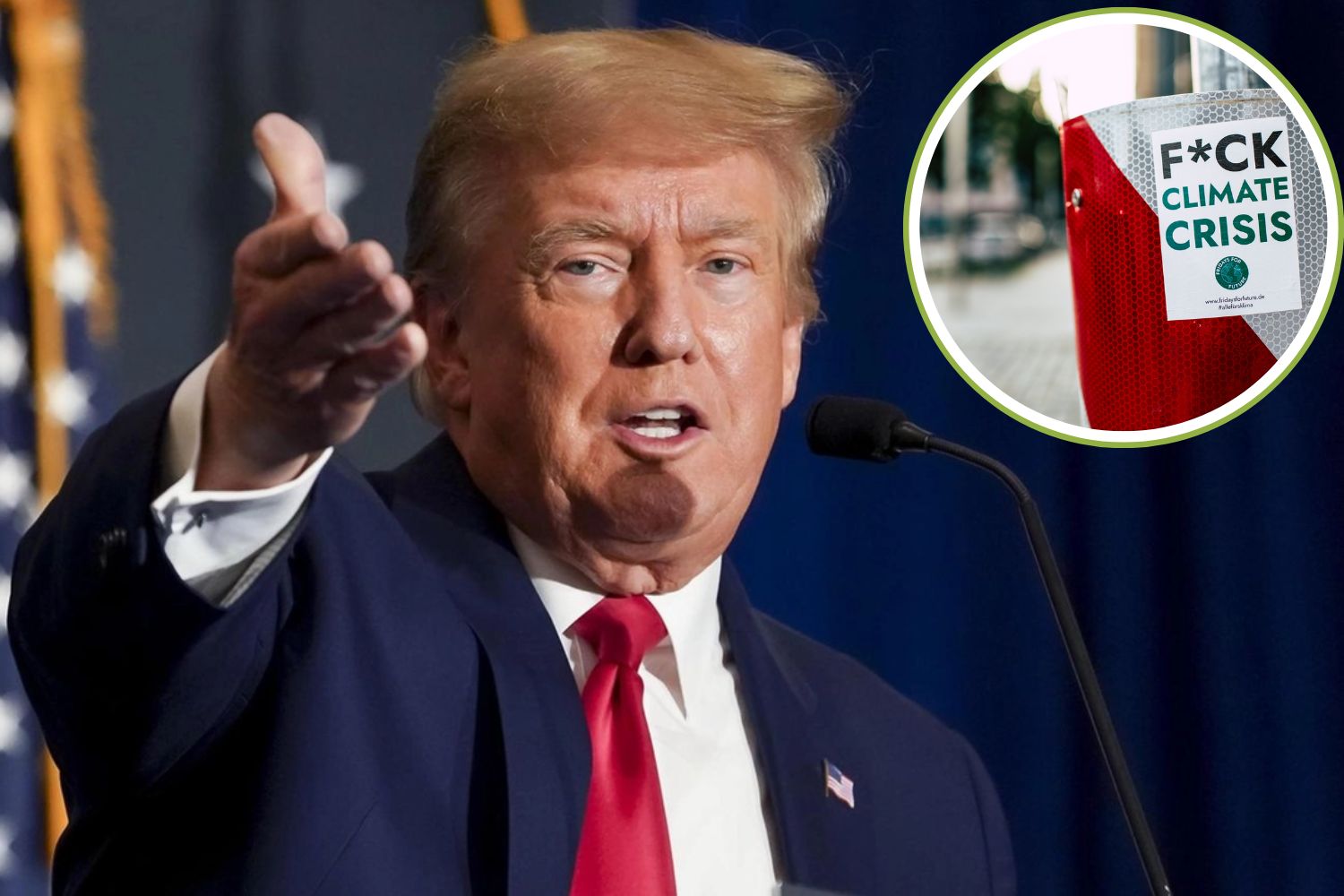"Cancel culture" turns into outright censorship. The Trump administration has drawn up a list of prohibited words to be used in official documents, hitting hard crucial issues such as the climate crisis, gender identity and social inclusion

@Canva
As the world grapples with the challenges of climate change and the fight for civil rights, a new, unexpected dimension has emerged in the United States—the controversy surrounding “cancel culture.” This is no longer just a debate confined to social media but has evolved into a form of censorship coming from the top.
Under the Trump administration, a list of banned words was compiled, with orders to remove them from websites, official publications, and even school curriculums. This effort went beyond a mere shift in terminology, striking at the heart of sensitive topics such as the climate crisis, gender identity, and social inclusion.
The New York Times uncovered this operation, revealing how hundreds of terms were either banned or strongly discouraged. While some removals may seem trivial, others address crucial issues related to the future of both the planet and society.
Climate censorship
Among the banned words are terms related to climate and the environment. Expressions such as “climate crisis,” “climate science,” “clean energy,” and “environmental quality” have been prohibited. This censorship isn’t just a stylistic choice; it represents an attempt to downplay and deny the reality of climate change. Such an approach jeopardizes efforts to combat global warming and its devastating consequences.
An attack on inclusion
The list of forbidden words extends beyond climate-related issues. The Trump administration also targeted language associated with gender identity and social inclusion. The LGBTQ+ acronym was reduced to LGB, effectively excluding transgender and queer individuals. Terms like “diversity,” “equity,” “inclusion,” and “social justice” were also banned, representing a move to erase the concerns of marginalized communities.
The paradox of censorship
The absurdity of this censorship policy reaches new heights when considering the bizarre decisions made. Even the name “Enola Gay,” the bomber that dropped the atomic bomb on Hiroshima, was banned from official documents. This decision highlights how the censorship operates indiscriminately, removing even military triumphs that the Trump administration proudly claimed.
Consequences of censorship
The impact of this language cleansing is profound. Beyond the removal of critical information from official documents, there has been a gradual erosion of free speech and an increase in self-censorship. The fear of repercussions and public shaming has led many to avoid certain words, fostering an atmosphere of fear and repression.
A future at risk
The censorship imposed by the Trump administration isn’t just an attack on language; it’s an attack on the future. Erasing words means erasing concepts, ideas, and battles for a more just and sustainable world. This operation threatens to undermine efforts to address the climate crisis, promote social inclusion, and ensure a better future for all.
The banned words: a chilling list
Here is a list of banned words from the Trump administration, as reported by The New York Times:
-
accessible
-
activism
-
activists
-
advocacy
-
advocate
-
affirming care
-
all-inclusive
-
allyship
-
anti-racism
-
antiracist
-
assigned at birth
-
assigned female at birth
-
assigned male at birth
-
at risk
-
barrier
-
bias
-
biased
-
BIPOC (Black Indigenous People of Color)
-
Black
-
breastfeed + people
-
chestfeed + people
-
clean energy
-
climate crisis
-
climate science
-
commercial sex worker
-
community diversity
-
community equity
-
confirmation bias
-
cultural competence
-
cultural differences
-
cultural heritage
-
cultural sensitivity
-
DEI (Diversity, Equity & Inclusion)
-
DEIA (Diversity, Equity, Inclusion & Accessibility)
-
disabilities
-
discrimination
-
equitable
-
equity
-
ethnicity
-
excluded
-
exclusion
-
expression
-
female
-
feminism
-
fostering inclusivity
-
gender
-
gender-affirming care
-
gender identity
-
hate speech
-
health disparity
-
health equity
-
Hispanic minority
-
immigrants
-
implicit bias
-
inclusion
-
inclusive leadership
-
inclusivity
-
increase diversity
-
indigenous community
-
inequalities
-
injustice
-
intersectional
-
intersectionality
-
marginalized
-
mental health
-
minorities
-
MSM (men who have sex with men)
-
multicultural
-
Native American
-
non-binary
-
oppression
-
privilege
-
promoting diversity
-
pronoun
-
race
-
racial diversity
-
racial identity
-
racism
-
segregation
-
sense of belonging
-
sexual preferences
-
sexual violence
-
social justice
-
stereotype
-
systemic
-
transgender
-
trauma
-
underprivileged
-
underrepresented
-
vulnerable populations
-
women
